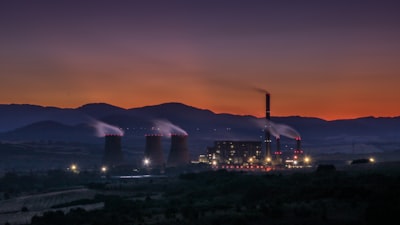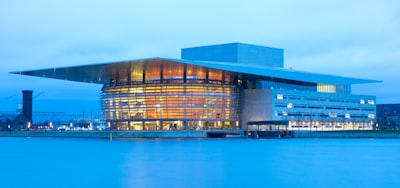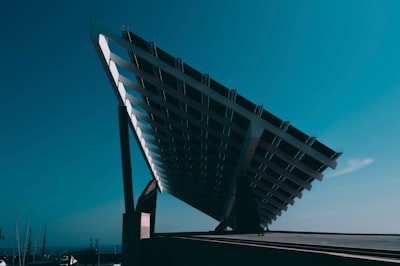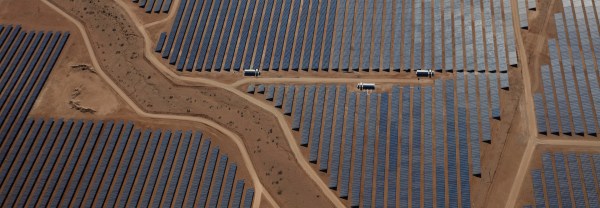Renewable energy is energy that is collected from renewable resources, which are naturally replenished on a human timescale, such as sunlight, wind, rain, tides, waves, and geothermal heat. Renewable energy often provides energy in four important areas: electricity generation, air and water heating/cooling, transportation, and rural energy services.
This energy consumption is divided as 8.9% coming from traditional biomass, 4.2% as heat energy , 3.9% from hydroelectricity and the remaining 2.2% is electricity from wind, solar, geothermal, and other forms of biomass.
National renewable energy markets are projected to continue to grow strongly in the coming decade and beyond. Renewable energy resources exist over wide geographical areas, in contrast to fossil fuels, which are concentrated in a limited number of countries.Rapid deployment of renewable energy and energy efficiency technologies is resulting in significant energy security, climate change mitigation, and economic benefits.
While many renewable energy projects are large-scale, renewable technologies are also suited to rural and remote areas and developing countries, where energy is often crucial in human development. As most of renewable energy technologies provide electricity, renewable energy deployment is often applied in conjunction with further electrification, which has several benefits: electricity can be converted to heat , can be converted into mechanical energy with high efficiency, and is clean at the point of consumption.









